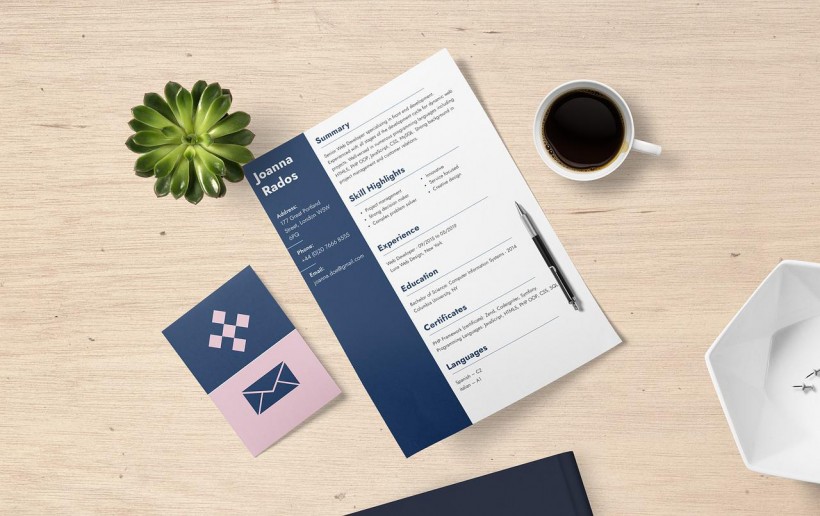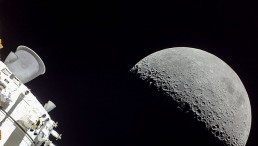In the field of science, you've spent years undergoing critical research or working in a lab. But how does this information translate to a formal resume?
If you want to get hired and stay ahead of the competition, here are seven tips for resume writing and the field of science.
1. Know The Difference Between CVs and Resumes
When applying for a job, you typically provide a resume and cover letter. However, some institutions may want you to provide a CV (Curriculum Vitae). A CV is pertinent for those in academia or who need to showcase the work they've conducted throughout their college career.
There is no harm in looking at other resumes and CVs in the field of science. Check out science resume examples online and compare them to CVs. See what might be better suited for your previous experience.
2. Keep It Clean and Simple
While there is some element of creativity that applies to the world of science, a resume isn't a place to showcase it. Keep your resume clean and simple.
Don't add frivolous graphic design elements, illegible fonts, or photos of yourself. Allow for white space to make it easier to read and create a flow that is just as easy to follow.
3. Focus On Keywords
Many companies now use software to sift through the hundreds of applications they receive regularly. The software is designed to weed out resumes that don't include certain keywords.
Your resume should include keywords that will keep you in the running for the position you're applying for.
Start by reading through the job description and highlighting any words that seem to stand out. Compare these to similar job descriptions to see which words tend to populate most. You can also utilize software online to help you discover what the optimal keywords are in a certain job description.
4. Tailor Your Resume To The Job
Along with the necessary keywords, you'll want to make sure you're tailoring your resume to the job you want. While you might do this in your cover letter, it's important to also do this within your resume.
There is substantial competition out there, especially in the science industry. This means that you shouldn't use the same resume for every job out there.
5. Include Your Contact Information At The Top
How a potential employer gets in contact with you shouldn't be a scavenger hunt. Keep it clear and bolded at the top of your resume.
Include your name, phone number, email address, LinkedIn profile, and location. You don't need to include your exact address, but they should at least know what city and state you permanently reside in.
As an added note, don't forget to always check your spam box during your job hunt. Some emails may get filtered if they're from an unfamiliar email address or automated system.
6. List Education After Your Work Experience
If you are preparing for a career in the science industry right out of college, you may not have a lot of work experience to include.
You might feel like you should include your education at the beginning, when in fact, you want to have this information listed at the bottom after your work experience.
This is where it becomes important to utilize your research and any lab work you may have conducted in school as a part of your work experience.
Make this the main focus rather than where you went to school, but the work you achieved while you were there such as developing specific methods or receiving grants to further fund your research.
7. Include All Publications
In the science industry, any publications are viewed as major accomplishments. Typically this falls under academia rather than industry-related jobs. But if it relates to the job for which you're applying, you may want to consider adding these to your resume.
If you don't have the space or you feel it's not pertinent to a particular job, you can include any publications on your LinkedIn profile. This acts as a more elaborate, digital version of your resume.
Conclusion
Translating your education into the corporate world might seem like a challenge. But you can treat your college career like any other job when listing your work experience.
Focus on what the job description states the company is searching for in an ideal candidate. Then, tailor your resume to the job.
* This is a contributed article and this content does not necessarily represent the views of sciencetimes.com















